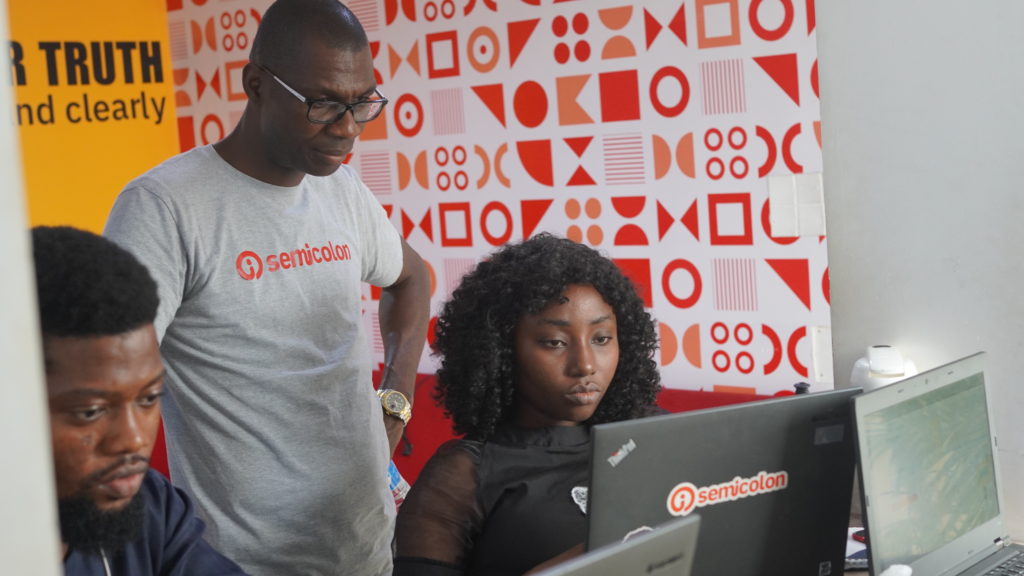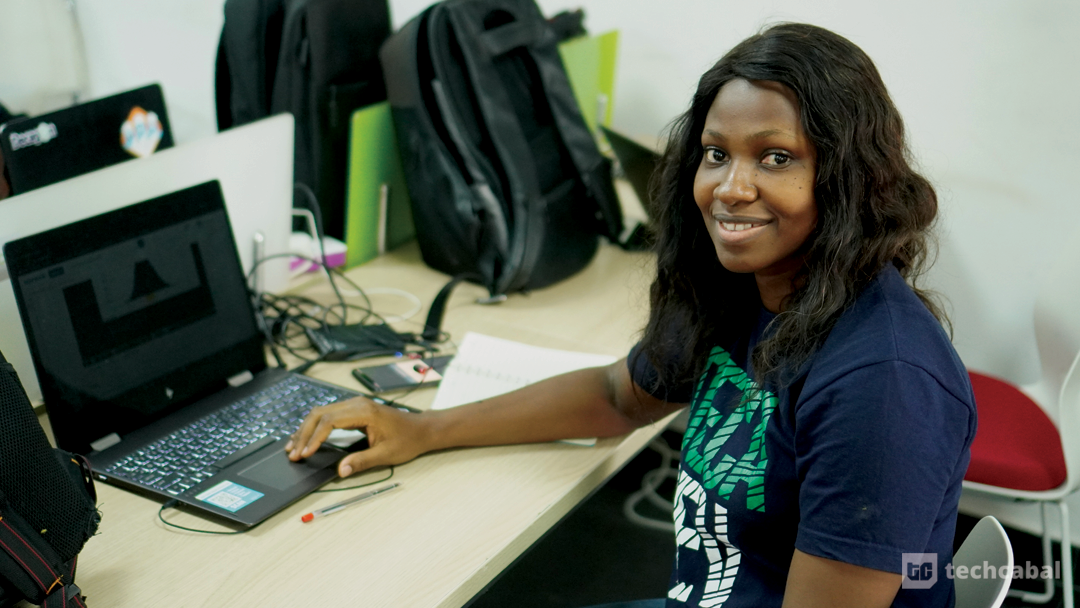Tech talent training startup Decagon closed its physical offices last week Monday. Students who lived in its boarding house had vacated the previous weekend with the hassle typical of short-notice evacuation. Staff have been working 100% remotely since then.
The startup’s business is time-bound in a unique way. Cohorts of developers have to be trained within a fixed period, after which the company expects to start the clock on their tuition repayment.
That straightforward understanding of how Decagon is supposed to make money and break even will now be stress-tested like never before.
TechCabal has learned that the company recently acquired a new learning and living complex for 350 new students scheduled to begin their training on April 17. New laptops had been procured.
For every month that the students don’t begin their training, Decagon makes a loss on them.
Welcome to startup reality
Unforeseen circumstances can upend year-long plans, rubbish quarterly projections and condemn ambitions to hibernation mode indefinitely. Nothing personal, it’s just business.
Andela, Africa’s most recognised player in this sector, is undergoing a phase of mild convulsions. But they are pivoting to become what could be described as a ‘tech HR services’ company. When this transition is complete, they should have their head above water (though we will have to talk about the human costs).
When you speak to the new kids who are gearing to take over the reins of tech talent training, they are confident about navigating the present crisis:
“For our training business, where we have had great success with our intensive, in-residence approach to training engineers,” Chika Nwobi, Decagon’s founder, says to TechCabal, “we are determined that 100% remote is a temporary measure.”
At Semicolon, natives (as students are called) will continue their lessons remotely. “We’re somewhat thankful that the bulk of them are transitioning or have completely transitioned into the project phase of their training,” says Uzondu Uba, a company spokesperson.
Through online classes and virtual meetings, Semicolon’s facilitators will still be available to provide guidance to students.
However, these temporary measures are not without potentially worrisome effects. With the remote pivot, the learning model at these companies is effectively disrupted.
In the current mode, they are not a lot different from paid online course platforms like Coursera, edX or Udemy.
The absence of security
Decagon’s boarding facilities give the developers-in-training an infrastructurally predictable environment. Power and internet are guaranteed, as is the case at Semicolon (though students are not resident).
As many remote workers are finding out, these conditions are not a given when you have to work from home.
Nwobi acknowledged that Decagon’s ability to provide accommodation, high speed internet and consistent power is critical in enabling rapid learning.
Learning outcomes will probably not collapse at this point. But there will be a difference between being in the same physical space with your instructor and talking over Zoom with an unstable internet connection.
For Semicolon’s Uba, having to move so abruptly to remote learning has been a “major inconvenience” that they are trying to overcome. Over 100 enrolled students are currently affected by this inconvenience.

In each case, not being able to count on necessities being regular will affect the pace of learning.
The effect of uncertainty on sustainability
Decagon’s training program lasts 6 months, while Semicolon’s runs for a calendar year. Founded within the last three years, both companies are more or less still figuring out viability.
They operate a similar revenue-generation model: train talents today and get paid out of their salaries when they get jobs in the future as a consequence of their training.
Decagon’s tuition is ₦3 million ($8,200) a year and repayment is spread over a maximum period of 3 years. Semicolon recently raised their own tuition from ₦1.8 million ($4,920) to ₦2.3 million ($6,280). For the aspiring developer in the world’s poorest country, paying after landing a job sounds fair and convenient.
But that is an assumption that works in normal times, when companies are willing and able to hire.
The coronavirus pandemic is producing shocks to global markets and Nigeria is not left out. There is good reason to ask: will currently enrolled developers find the jobs that will enable them to repay on schedule?
The other side of the turbulence is that if devs can’t repay, the companies could suffer.
Be ready to diversify
What does an insurance plan look like at this moment? The key could be for each tech talent company to also be a tech talent service company.
Decagon has such a vertical. Their digital product engineering service takes on client projects, which is why they retain some of the developers who graduate from the six-month training programme.
The service aims to connect the top 1% of Nigerian software engineers to global companies whose engineers will likely not come from first-tier recruitment sources like the engineering departments of Ivy League schools.
Nwobi says most of their clients are based in the United States “so the impact of going 100% remote has been manageable and our teams are fully engaged to support our clients through these challenging times.”
But it’s not like times are rosy in the United States, with the new coronavirus on pace to be a bigger outbreak there than China or anywhere else. That affects the economy and the work assignable by new clients.
It appears, then, that an internal capacity to wait this storm out is the only solution for the tech talent companies. Keep teaching remotely, grow their communities of competent developers and hope COVID-19 doesn’t depress market enthusiasm when they are ready for work.




















